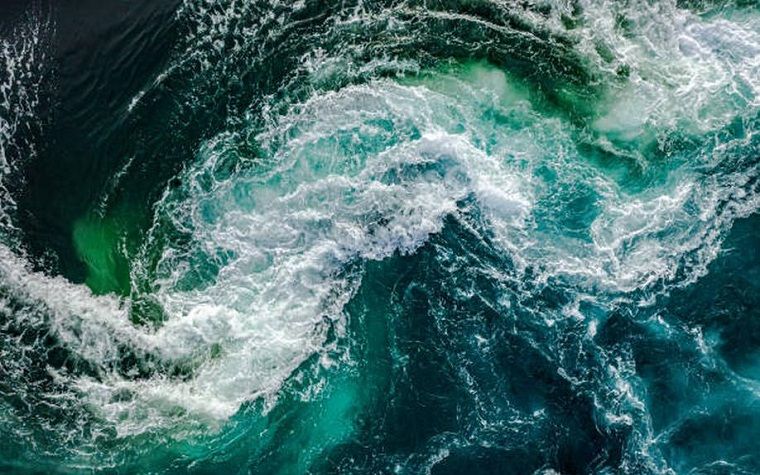
Project Abstract
The Ocean Sciences Institute is co-funding with the CNES a PhD research project which in the framework of the SWOT satellite mission (remote sensing at high resolution of the ocean circulation), will bridge the knowledge gap between ocean circulation and marine biodiversity, by exploring the impact of ocean fine scales (1-100 km, days-weeks) on phytoplanktonic community structure. In order to achieve this, biophysical data from past oceanographic cruises will be analyzed by developing a novel biophysical modeling technique, specifically designed for addressing fine-scale questions.
This work will also provide the modeling framework that will be needed for the exploitation of the future observations of BIOSWOT-Med and other cruises of the international consortium https://www.swot-adac.org/.
The Research Team
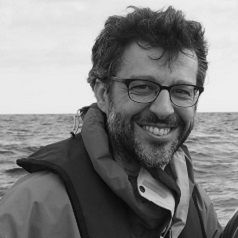
Andrea Doglioli - AMU/MIO Andrea Doglioli is an Associate Professor. He got his PhD in Marine Science at the University of Genoa (Italy), then worked at the LPO-Laboratory of Physics of Oceans in Brest before joining the MIO - Mediterranean Institute of Oceanography in Marseille. His research focuses on the study of ocean circulation and turbulence and their impact on the life of organisms. His research methods cover a broad spectrum ranging from numerical models to satellite data to in situ measurement. He has participated in more than 10 oceanographic campaigns and he is a teacher of the Master of Marine Sciences of Aix-Marseille Université. 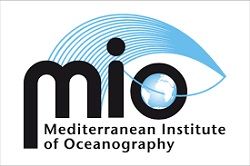
|
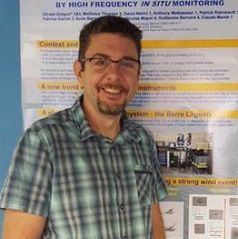
Gérald Gregori - CNRS/MIO Gérald Grégori is a CNRS researcher. He got his PhD in Environmentl Sciences at the Université de la Méditerranée (Marseille, France). Then he worked 2 years as Associate Researcher at Purdue University (Indiana) in the Paul Robinson’s laboratory where he developped his skills in flow cytometry. He is co-inventor of the first spectral flow cytometer (with a patent licensed to Sony and ThermoFisher). He is interested in marine planktonic microbes (abundance and activity), and their relashionships with the ecosystem and the biogeochemistry. He studies the factors that influence their abundance and distribution along the water column. His originality is to use single cell analysis to study them, both in situ and in the laboratory. 
|

Monique Messié Monique Messié is a researcher at the Monterey Bay Aquarium Research Institute (MBARI). She received her PhD from Université Toulouse III in 2007 and has been at MBARI since, first as a postdoc and now a senior research specialist. Her research combines satellite products, models and in situ data to study ecosystem processes and physical/biological interactions in the coastal and open oceans. She is currently looking at ecosystem response to climate and ocean change, bioluminescence in the upper ocean, biological hotspots in the California Current, connections between surface, midwater and benthic communities, and the effect of tropical islands on phytoplankton biomass and biodiversity. |
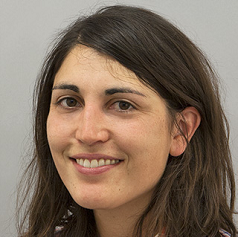
Kyla Drushka
Dr Drushka's work focuses on understanding the response of the surface and upper ocean to atmospheric forcing on submesoscale to basin scales, and uses a combination of in situ and satellite observations as well as high-resolution numerical simulations. She is a member of NASA's Surface Water and Ocean Topography Science Team and Ocean Salinity Science Team. 
|
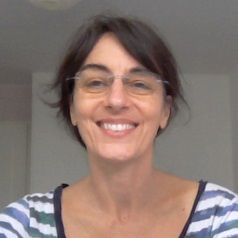
Anne Chenuil - CNRS/IMBE
Anne Chenuil is a CNRS researcher. She did her PhD in Paris, post-docs and teaching assistant in the USA (Miami) and Montpellier (France) after which she was hired by CNRS and moved to the Oceanology observatory of Banyuls-sur-mer. She is now at IMBE (Institut Méditerranéen de Biodiversité et d’Ecologie) in Marseille. She is an evolutionary biologist who used population genetics, phylogenetics, more recently also community ecology, to characterize various multicellular organisms (mostly invertebrates) in order to decipher the relative roles of migration, natural selection, genetic drift in shaping biodiversity patterns (with particular interest on reproductive and dispersal traits of species).
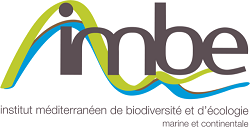
|
Join the team !
Phd Position
Join the team ! Phd Position
Kalliopi Pediaditi - Project Manager of the Institute of Ocean Sciences AMU - (OCEAN)
Richard Sempéré - Director of the Institute of Ocean Sciences AMU - (OCEAN)



